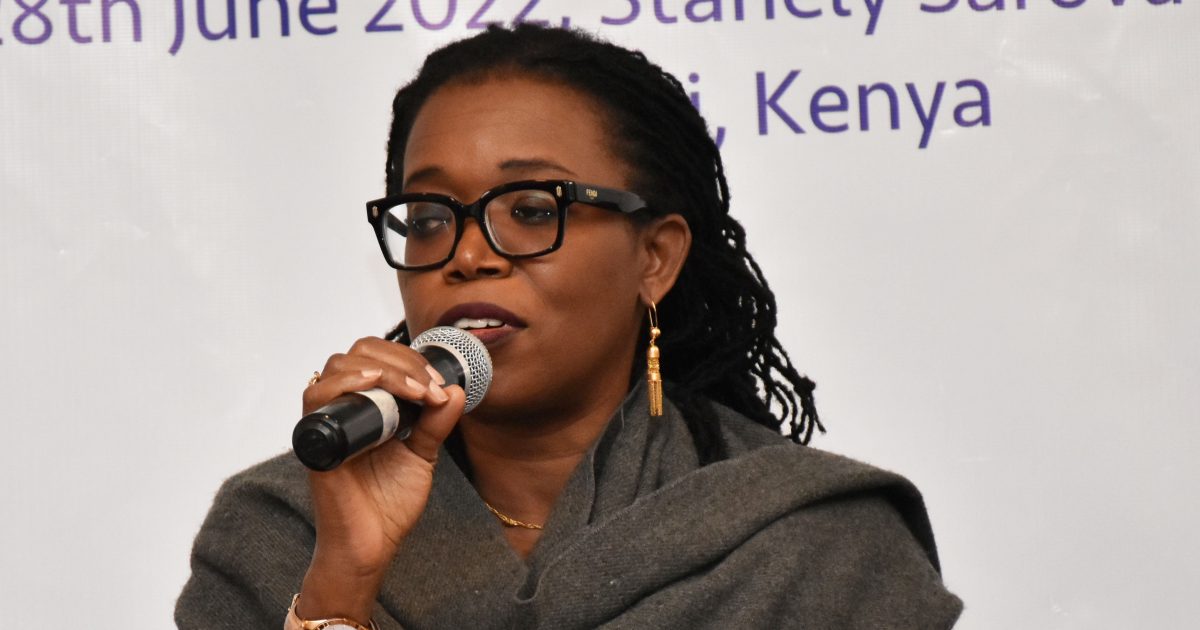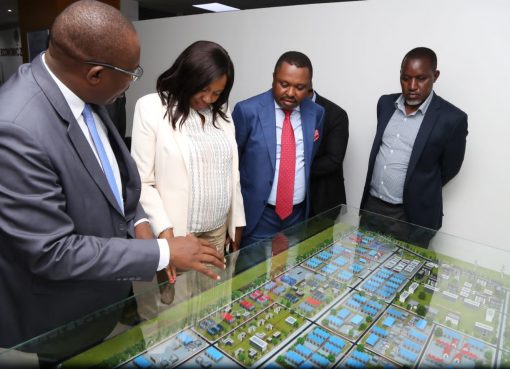African countries are working on non-tariff that will boost manufacturing to enable the continent meet the demand and supply of goods and services in the African market.
The Director United Nations Economic Commission for Africa (UNECA) for Sub Regional Office for East Africa, Dr. Mama Keita said there is need for Africa to develop regional value chains on demand and supply to avoid importing them from abroad.

She said the supply chain in the continent has been broken as some countries export manufacturing goods needed in Africa abroad instead of trading them within the continent where they are mostly required.
“We are working on setting up a digital platform for demand and supply where the African Continental Free Trade (AfCFTA) countries can come together and pull on procurement issues to bring supply and demand in member states on the same level,” said Keita.
The Director who was speaking during the Private Sector Sensitization Workshop on the Kenya’s National African Continental Free Trade Area Implementation Strategy held at a Nairobi hotel said there is need for the continent to increase its production capacity as it will help countries to compete effectively in the market.
“Currently Africa is trading amongst themselves, a need that AfCFTA should promote values chains for countries to move from the current block to value chains,” she stated.
In his remarks, the United Nations Development Programme Economic Advisor-Kenya, Mr. Bheki Bhembe lauded Kenya’s M-PESA mobile money service and recommend that it be spread in the entire continent for quick money transactions by entrepreneurs.
He said there is also need for capacity building in the continent and inter-state collaboration amongst enforcement officer’s as it will help to appreciate Continental Free Trade Area and avoid barriers that hinder trade.
Chief Negotiator for AfCFTA Mr. Josiah Rotich said AfCFTA is in the process of identifying challenges that hamper trade in the continent and in particular, the cost of doing business in Kenya so that it can implement it in the national implementation strategy in order to facilitate an expansion of the country’s trade and investment in Africa.
“We want to assist private businesses to do business by reducing cost of doing business like reducing electricity costs and to sensitize entrepreneurs to understand the rules of origin and how to implement them,” added Rotich.
“There must be co-existence as Africa has the same protocols. They should be implemented without conflicting rules of origin in negotiation. The private sector must harmonize them so that there may be no room to manipulate them,” he stated.
He at the same time stated that Kenya’s National AfCFTA Implementation Strategy also intends to address disparities in terms of opportunities that women and youth face while doing business to enable them benefit from trading.
Mr. Walter Kamau, the Kenya Association of Manufacturers and Policy Advisor who represented the Private Sector called on AfCFTA to address the challenges of cultural differences, market access, financial and technology access in the continent in a holistic manner to eradicate barriers that hinder trade.
“The government should address competitiveness in business and help in manufacturing and involve the participation of small and medium enterprises,” said Kamau.
He also urged the government to identify market opportunities and sensitize the youth and small and medium enterprises by providing information to all operators which include the portal and rules of origin.
“Most of the inputs imported from outside like raw materials should have flexible rules to facilitate intra-trade and make business trade friendly and less costly,” said Kamau.
In his address, the Director of International Trade in the State Department of Trade and Enterprise Mr. Oliver Konje said Kenya is a key player in the negotiations that promote market access to increase market share in the continent and create jobs for Kenyans as they trade.
“Kenya provides services to the African continent because of our strength in providing services in various nature. We want our people to work in these countries,” said Konje.
By Bernadette Khaduli





